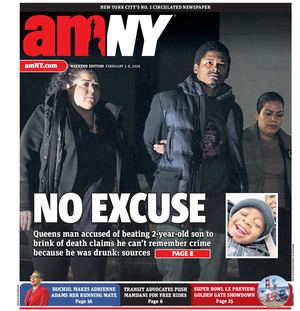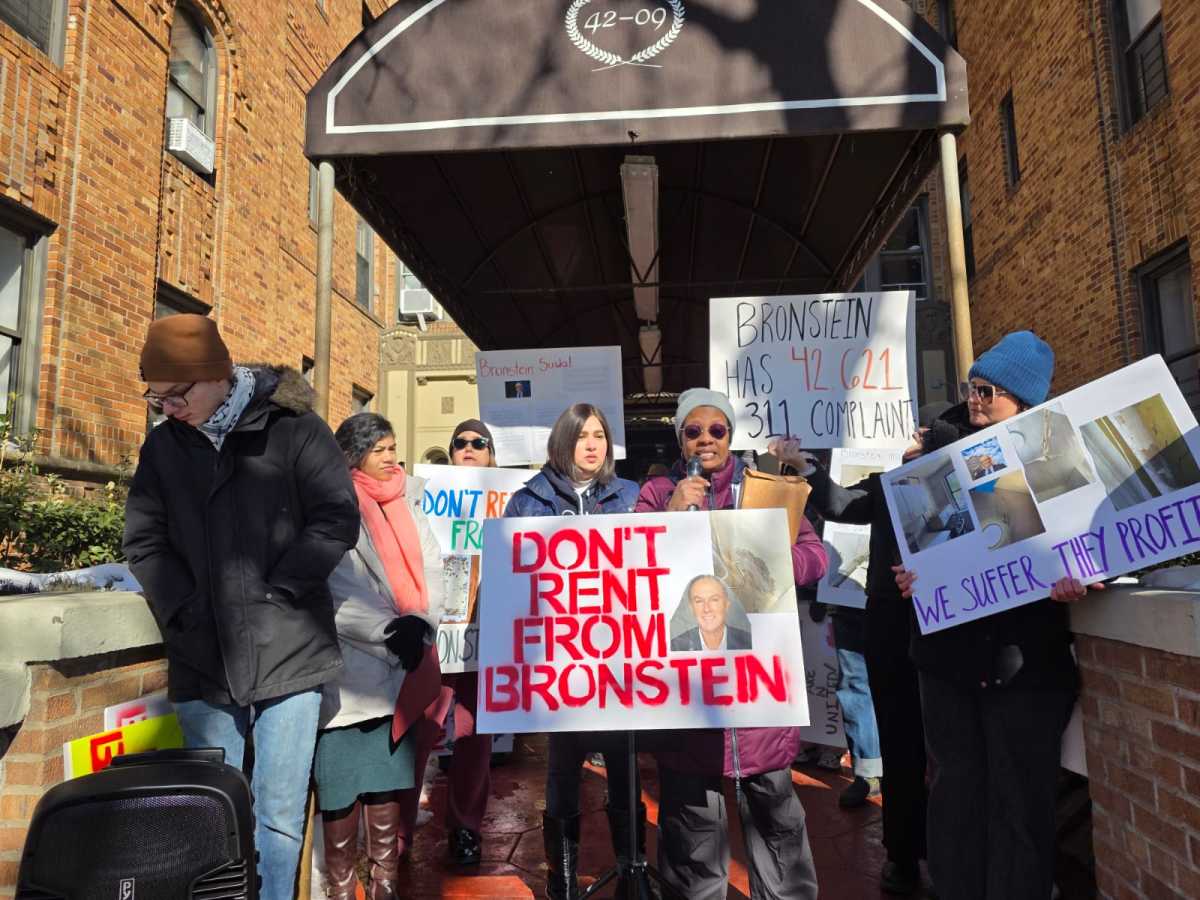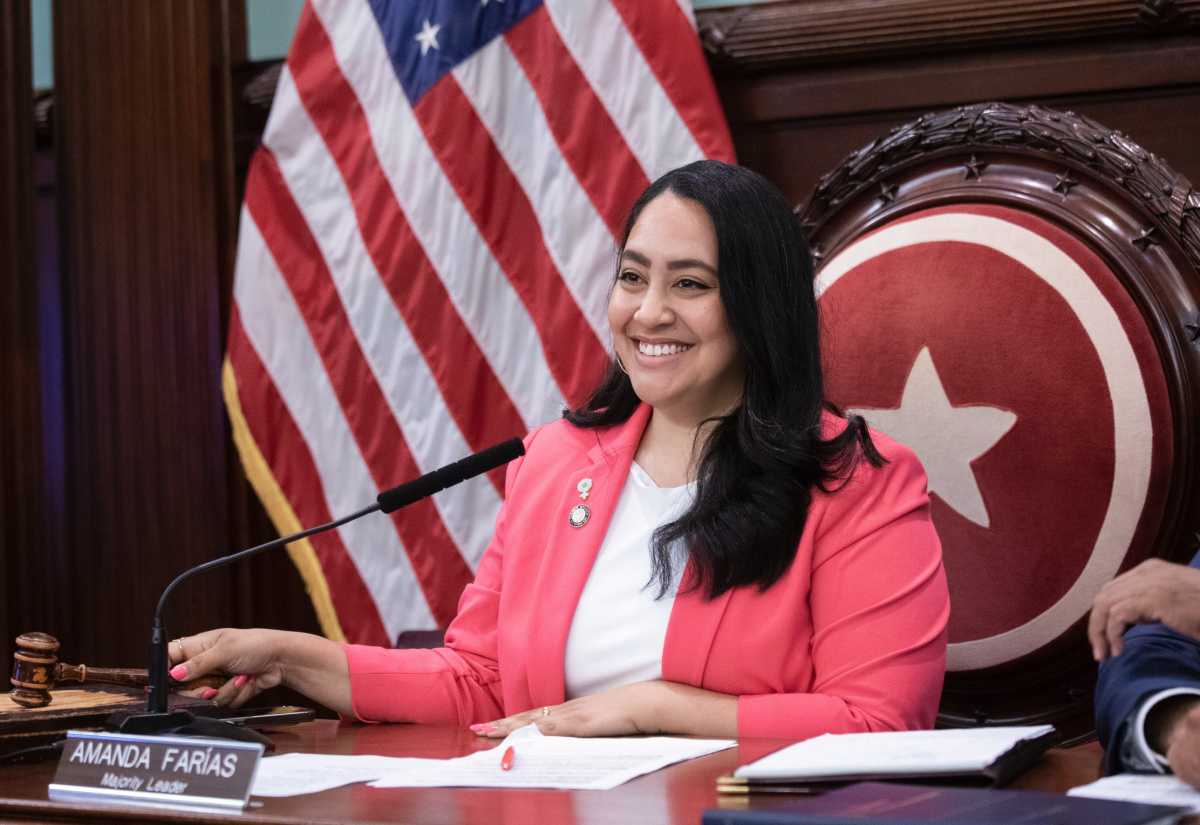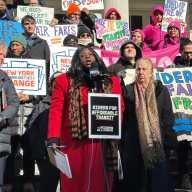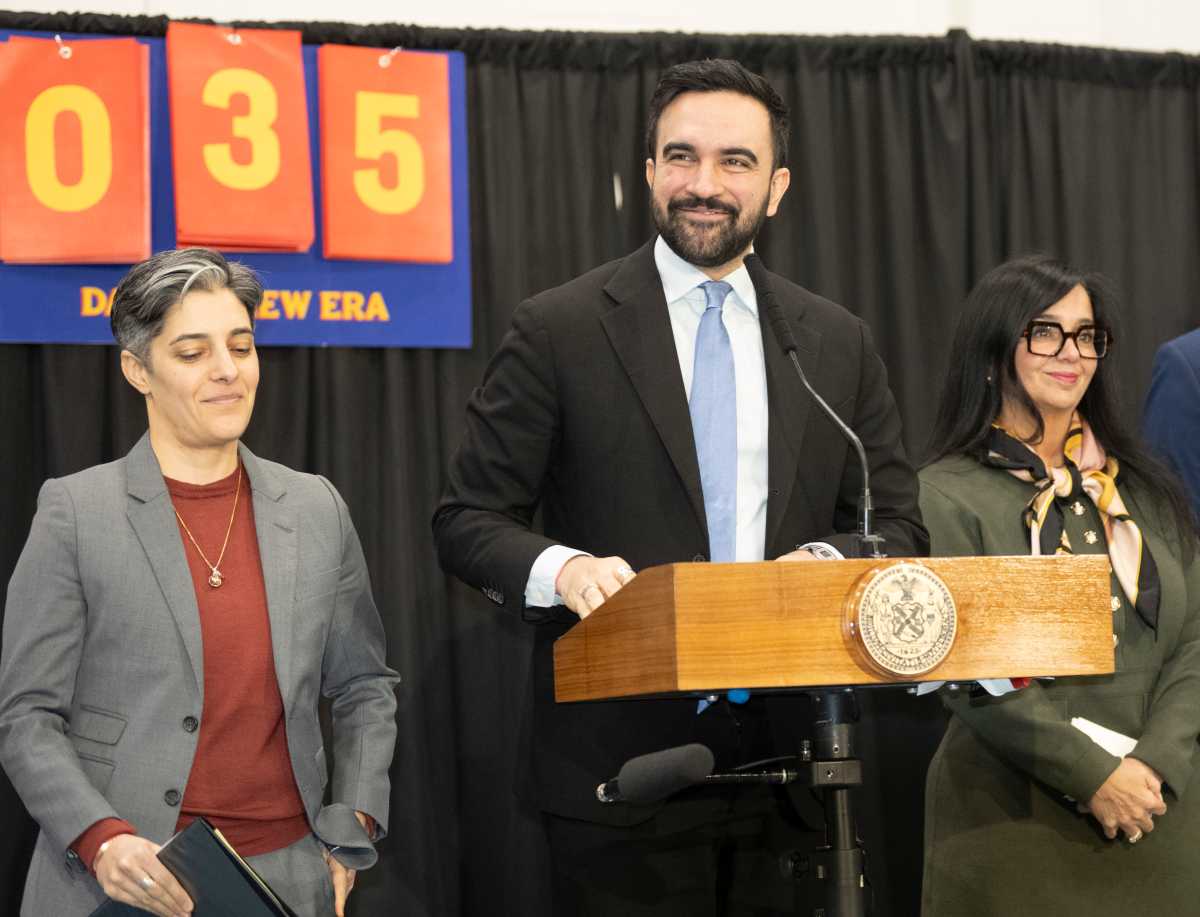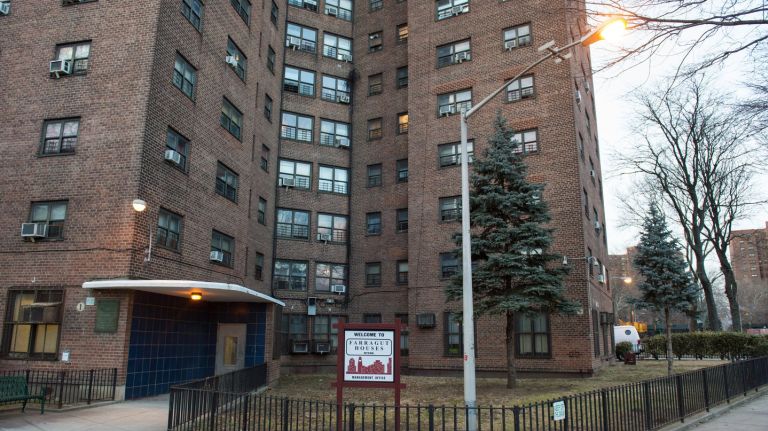
Despite the mayor’s hand-wringing over budget threats from Washington, D.C., the federal spending measure passed last week has city officials feeling optimistic that the boroughs will benefit from increased housing-related allocations.
A fact sheet from the city notes that the federal government had bumped up spending 10 percent from last year’s allocation for the U.S. Department of Housing and Urban Development.
After years of cutting funding for public housing, Washington, D.C. opted to budget 40 percent more than last year for related capital funding.
The fact sheet also highlighted that the federal government set aside enough Section 8 funding to renew all existing housing vouchers and added money to programs the city taps into for housing code enforcement and assisting homeless New Yorkers.
HUD has not yet determined precisely how much local governments will get, but the city’s prospects are looking good, according to leaders of the city’s three housing agencies: New York City Housing Authority chair Shola Olatoye, Department of Housing Preservation and Development Commissioner Maria Torres-Springer and Housing Development Corporation president Eric Enderlin.
“For the first time in decades, Congress has significantly increased the federal resources available for affordable and public housing, recognizing the critical role that housing plays in our lives, our communities, and our economy,” the three said in a joint statement. “We applaud our partners across the country, and the New York Congressional delegation for their steadfast and vigorous advocacy to defend and indeed expand the resources available for public and affordable housing on behalf of veterans, seniors, families with children, and the most vulnerable Americans who need and deserve the opportunity that safe, quality affordable housing provides.”
Washington, D.C. also relaxed rules for the Low-Income Housing Tax Credit program, which incentivizes private players to get involved with below market-rate rental housing by offering tax benefits. Going forward, these tax credits can be used for city projects that house people earning up to 80 percent of the metro area’s median income, so long as the average income in the properties remains no more than 60 percent of the metro area’s median income.
Previously, the tax credits could only be used on projects designed for those earning up to 60 percent of the metro area’s median income.
Emily Goldstein, senior campaign organizer at the Association for Neighborhood Housing and Development, agreed with the city’s assessment of the policy change as positive. She wrote in an email that the flexibility would help a wider range of households benefit from the tax credit. Projects will be able to shelter more low-income families, if the building is able to collect higher rents from higher-earning households, Goldstein noted.
The city’s Department of Housing Preservation and Development described the Low-Income Housing Tax Credit as the single most powerful affordable housing tool it has, noting that it has helped finance an average of 9,000 below market-rate units annually over the past four years.
